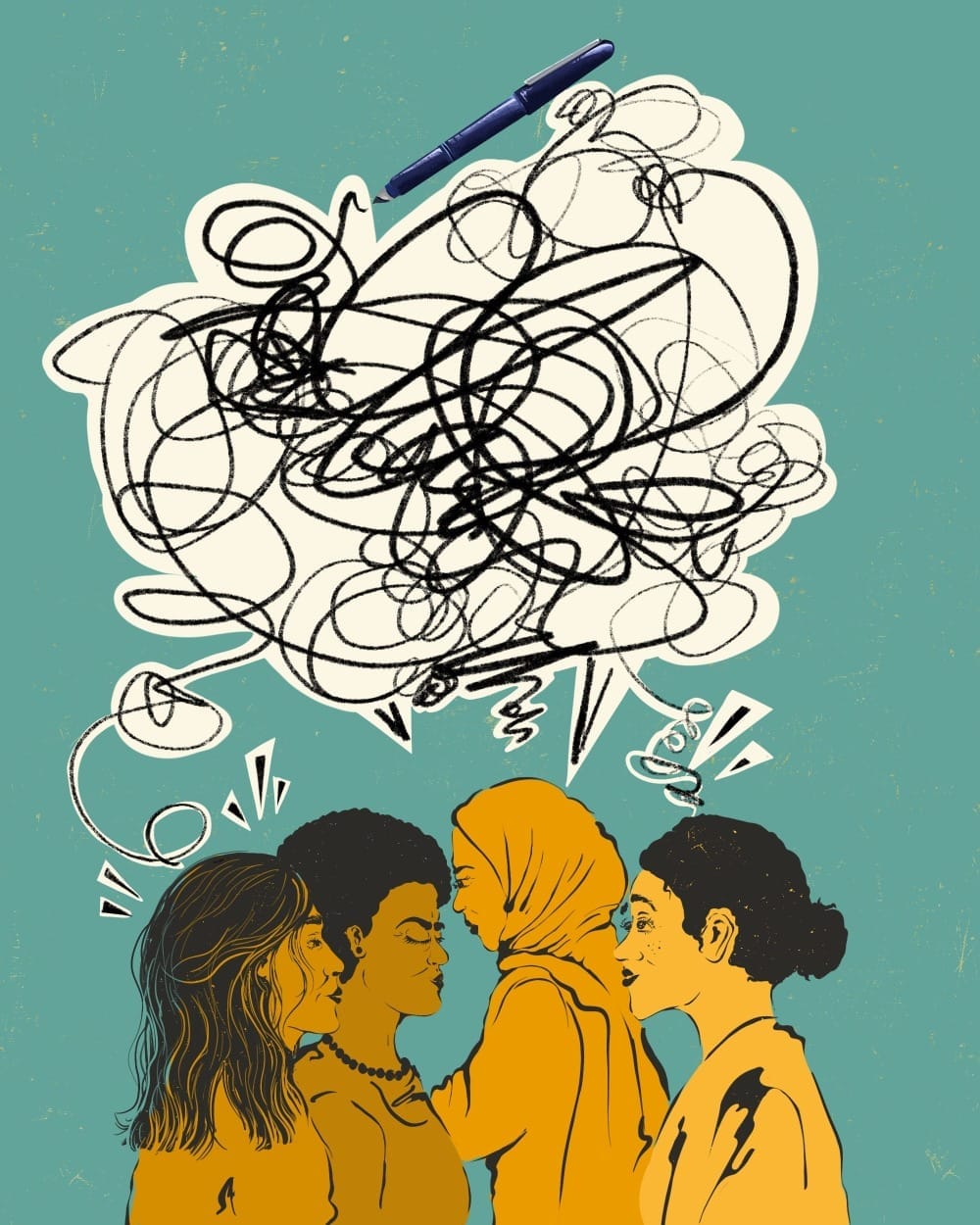DEI Is Something We All Rely On—Whether We Admit It or Not.
When companies are more inclusive, everyone profits. So when DEI gets shut down, it’s up to everyone to step up.

It didn’t even take 24 hours.
On the same day that President Donald Trump took his oath of office, solemnly swearing to support and defend the Constitution of the United States against all enemies, foreign and domestic, he signed an executive order, ending what he called, “illegal discrimination” practices in the federal government.
He was talking about DEI. Diversity. Equity. Inclusion.
The order went on to describe DEI hiring practices as “dangerous, demeaning, and immoral race- and sex-based preferences.”
They “violate the text and spirit of our longstanding Federal civil-rights laws,” it read, and “deny, discredit, and undermine the traditional American values of hard work, excellence, and individual achievement.”
While some might think of DEI simply as a practice of hiring and promoting more women and people of color, this couldn’t be further from the truth. DEI encompasses a vast, vast, spectrum of policies, attitudes, behaviours and systems.





